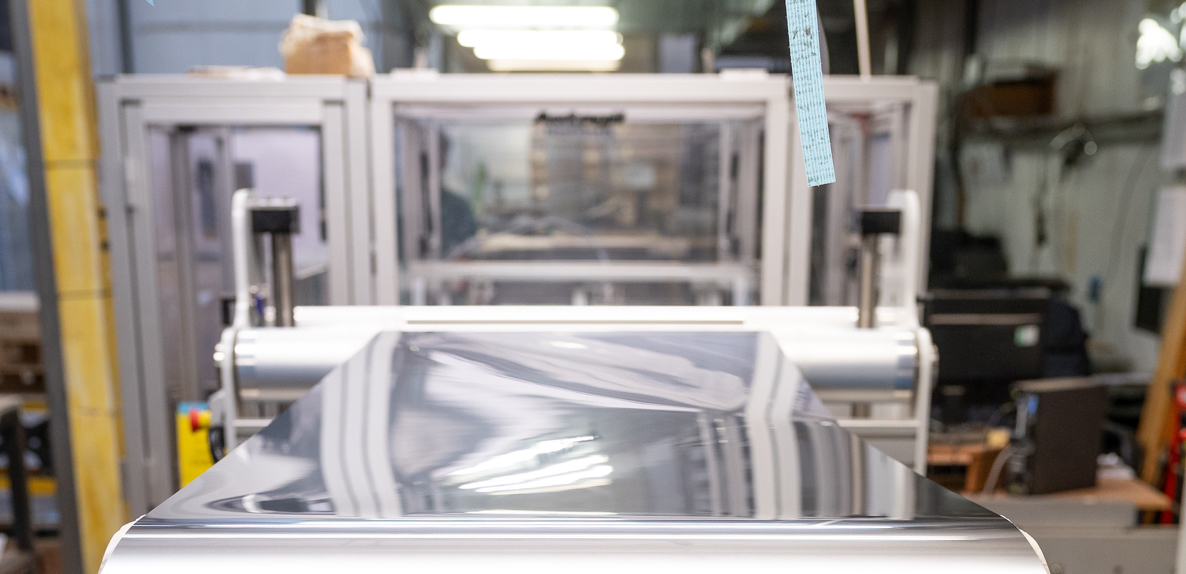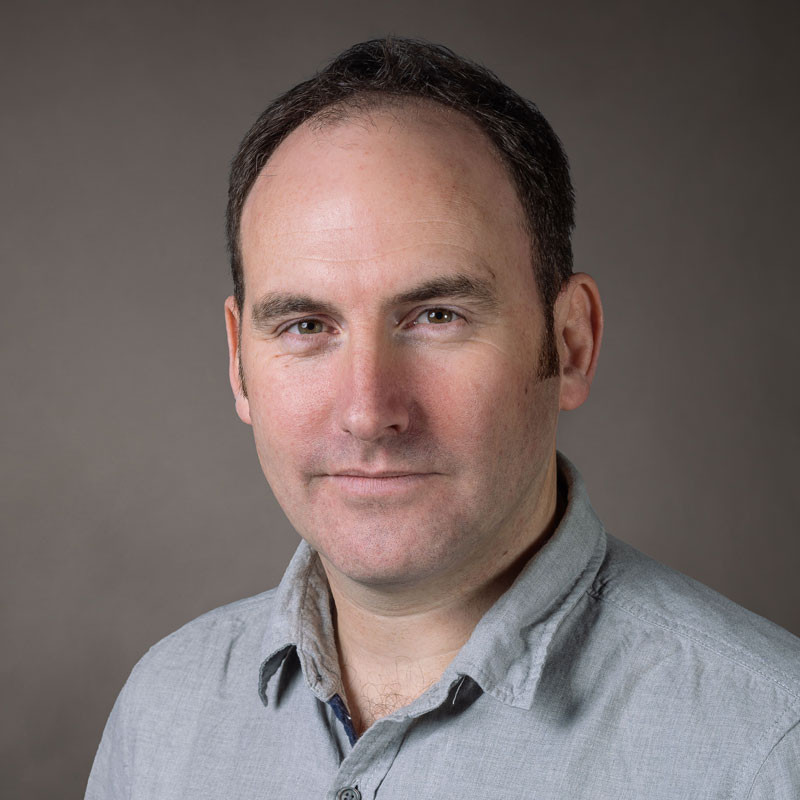News - 06.24.2019
Edging out the Competition with Cutting Edge Machinery and New Efficiencies
What does change mean for the manufacturing world?

 Pete Anniss
Pete Anniss
Over thousands of years, people and companies have learned the hard way that in order to survive they need to give up the old in favor of the new. The situation is no different today. One example of this within our market is the movement from chemically etched multilevel stencils to mechanically milled. We decided to move forward instead of resting on our laurels. It is our belief that technology will always advance forward, and we are determined to keep ahead of it.
Those companies that think they’ve “made it” are the ones that will be left behind.
To highlight this fact, here is a real-world example of what Datum is doing contribute to the forward momentum of the technology world, instead of just living the status quo.
Cost versus Price
We focus on quality, not price. Within any given supply chain there are many levels and many pieces that fit into the final product; reducing the price of one part doesn’t necessarily reduce the cost of the end result.
Datum supplies stainless steel sheets to the solder stencil industry. We have the highest quality material on the market, full stop. Specifically designed for this application, it is not the cheapest – but it is the best value to the supply chain.
Solder stencils are used at the start of the Surface Mount Technology (SMT) production line when producing Printed Circuit Boards (PCBs). They are used at stage one of the production and are widely considered to be the most important element to get right; they have considerable influence over the production down the line.
The cost of a stencil will vary depending on what stencil provider is used and how complicated the stencil is. If an inferior stencil is used it will lead to various issues in printing and, consequently, various PCB issues. That eventually means that these will not work or they would need re-working from scratch. However, medium-to-high volume PCB production lines are often priced at €1,000 per hour running costs and the cost of re-working a PCB means that they often run with a zero re-work policy.
Using an example price of €200 for a stencil (of which a small percentage is steel cost) the price of the stencil is negligible when compared to the cost of the issues it can cause down the line. The prices of multilevel stencils can be far more and so providing a more accurate substrate that decreases the chances of seeing problems further down the production line is critical.
For Datum, making sure our customers buy the right product for the right job at the outset will save money and increase yields down the line.
But why are these changes and new capabilities important? Just because something is new doesn’t make it useful or valuable. Besides the increased precision, reliability and reduced cost, time, and frustrations, these advancements at Datum Alloys show what is possible when we stop to ask “what else can be done?”
The possibilities with this new technology are only limited by our imagination. “What is possible?” is always the question we ask ourselves. We are always asking for people to come and challenge us with issues so we can push the barriers of what is possible and what we can achieve. Nobody knows the limits of what we can do but we want to drive our people, equipment and knowledge to see what is possible.
Datum is proud of what we have done over such a short amount of time, but we’re not done yet. This is just the beginning. Change will continue to happen, and we will be the ones making it. We want to be the ones who show our clients what is possible, what can be done, and how things can be better. You’ll never hear us say that we’re the best in the business, because the best is yet to come.